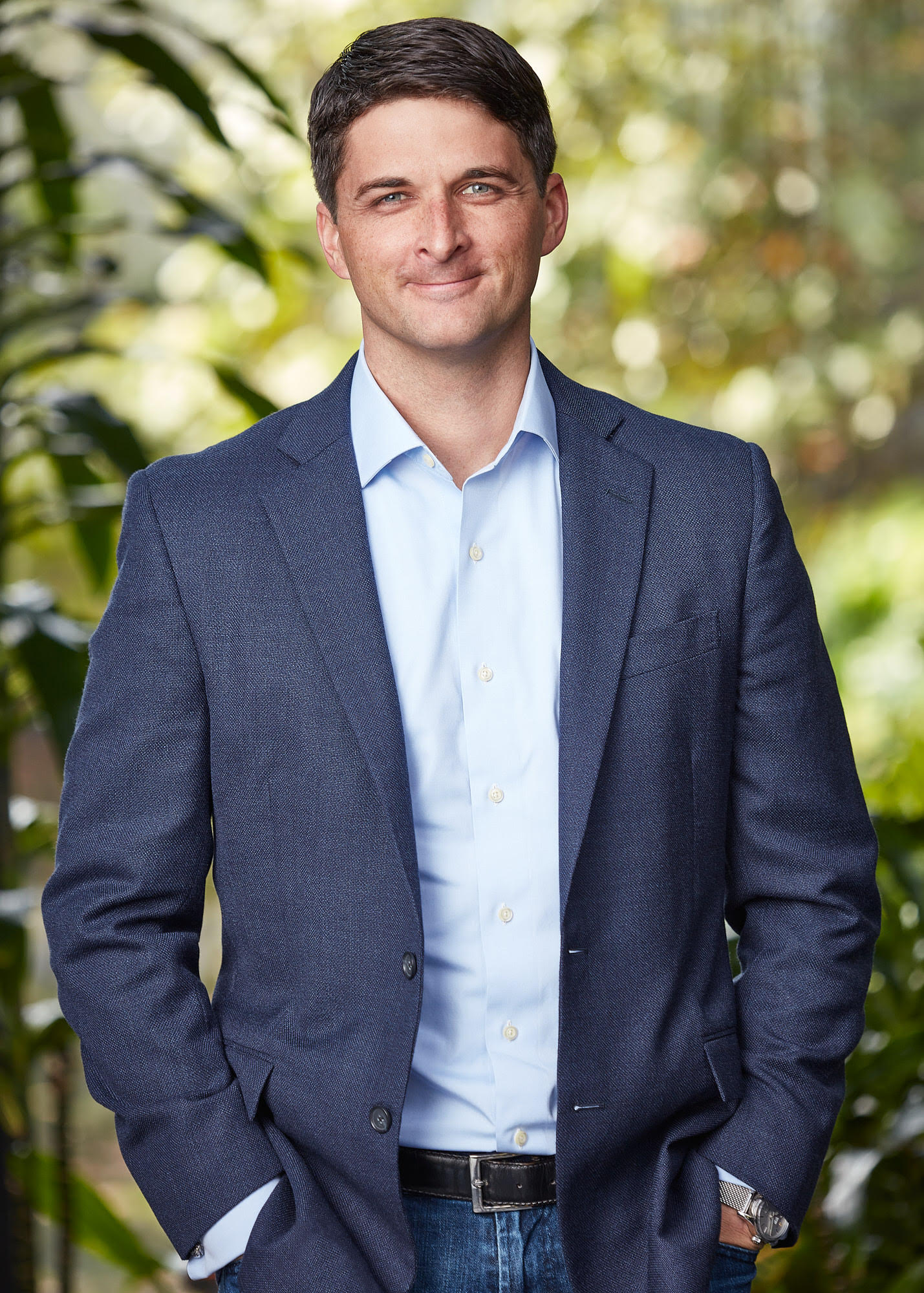
Kevin Mitchell is Senior Vice President at HCI Group, Inc. He is also President of TypTap Insurance Company, a subsidiary of HCI Group. Earlier, he worked at Arthur J. Gallagher & Co. He is a graduate of Bowling Green State University.
In his 2,307 word interview, exclusively with the Wall Street Transcript, Mr. Mitchell gives detailed background on how his insurance company started up and expanded.
“The benefit of this approach is that we’re able to pre-underwrite the state of Florida and determine which policies we do or don’t want before homeowners even approach us for a quote, and it’s allowed us to truly manage exposure and to understand where are areas around the state to focus on for driving profitable results.
And with the profitable results, we’re able to maintain continuity in terms and conditions, to have consistency from a rating standpoint and to allow our agent partners to build a long-term, stable book of business. Even though it’s an insurtech company, we do work with agent partners.
That brings us to the current day. HCI Group is the corporate umbrella. We have these four main divisions that we feel are diverse yet complementary.
And now, we march into 2020. Homeowners Choice, our first insurance division, had a transaction in February of this year, acquiring a book of business from a company called Anchor Property & Casualty. We’ve assumed that book of business, and that continues to be folded into Homeowners Choice.
TypTap continues to grow its homeowners and flood insurance book of business. Greenleaf is constantly evaluating different opportunities from a real estate standpoint.
The Exzeo technology division is constantly trying to improve and refine, whether it’s underwriting and data or user features and functions from the insurance agent side. And then, we have Claddaugh, which is there to give a helping hand and in case we need it from a reinsurance perspective.”
Even the global pandemic has not slowed the company down:
“In our headquarters city of Tampa, Florida, everyone has been working from home since early March. But because of the technology and systems that we built, our agents and policyholders haven’t noticed the difference from a customer service claims communication standpoint.”
This will support the investors in HCI:
“…make sure that our shareholders understand that we’re working to see that the dividend remains safe and in a strong position, tied to solid cash flow. And since we just did the acquisition and a transition of policies in February, that was our big portion of growth for the year..”
Get the full detail by reading the entire 2,307 word interview, exclusively with the Wall Street Transcript.
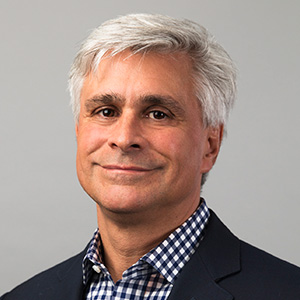
Tom MacKinnon is an Equity Analyst at BMO Capital Markets. He began working at BMO Capital Markets Equity Research in April 2010. Earlier, he had 12 years’ experience covering insurance stocks in equity research at Scotia Capital in Toronto.
Before working at Scotia Capital in 1998, Mr. MacKinnon spent six years at Tillinghast-Towers Perrin, an actuarial consulting firm, in the firm’s Toronto and New York offices. Prior to that, he worked at Canada Life as an actuary.
In the 2019 Brendan Wood International survey, Mr. MacKinnon was once ranked a top gun analyst in insurance and was ranked a top gun analyst in the Brendan Wood International Survey from 1999 through 2019.
In this 3,109 word interview, exclusively in the Wall Street Transcript, Mr. MacKinnon details his top Canadian insurance company picks, many of which are paying high single digit dividend yields.
“One thing we’ve noticed with respect to the life companies is that their capital positions were strong going into this crisis, and their capital positions are relatively insensitive to swings in interest rates in equity markets. And if anything, the widening corporate spreads, these probably end up helping a little bit of their capital structure as well.
What we found is that their LICAT ratios — that’s life insurance capital adequacy testing; that’s a regulatory capital framework — those ratios actually went up between the fourth quarter of 2019 and the first quarter of 2020.
I’m not sure if everybody was expecting them to go up and go up that degree — sure, tougher equity markets have hurt those ratios — but they’ve got a lot of excess capital, and that’s largely in bonds, and that’s at mark to market, and that helps that capital. And in fact, the book values have gone up a little bit as well.
We didn’t see any kind of significant hits to capital. And I think that’s the first thing that investors wanted to see: Are the capital positions good?
And this is totally unlike they were in 2008. ”
One his top picks is paying 7% currently:
“I think one that’s interesting here that trades under seven times — and that’s even after we’ve taken our numbers down as a result of potential disruptions over COVID-19 — is Manulife Financial. I think one of the things is 35% or 40% of its earnings come out of Asia.
You’ve got a rapidly growing middle class there, at least 60% of the world’s middle class will be in Asia by 2025. I think insurance products are very underpenetrated there. A large portion of the middle class is underinsured. And so it’s a company, the number-three player in Asia behind AIA (OTCMKTS:AAIGF) and Pru UK, and I think it’s well-positioned there.
It’s also well-positioned in terms of its strong balance sheet. Its LICAT ratio sensitivity from interest rates and equity markets are running at a fraction of what it used to be. And thirdly, it’s been a very good grower. From 2013 to 2018, it grew its core EPS in excess of 12% or 13%. It’s been a good grower. It’s a proven grower, got a good platform in Asia.
It’s got a strong balance sheet.”
Get the full detail on this and many other picks, only be reading the entire 3,109 word interview, exclusively in the Wall Street Transcript.
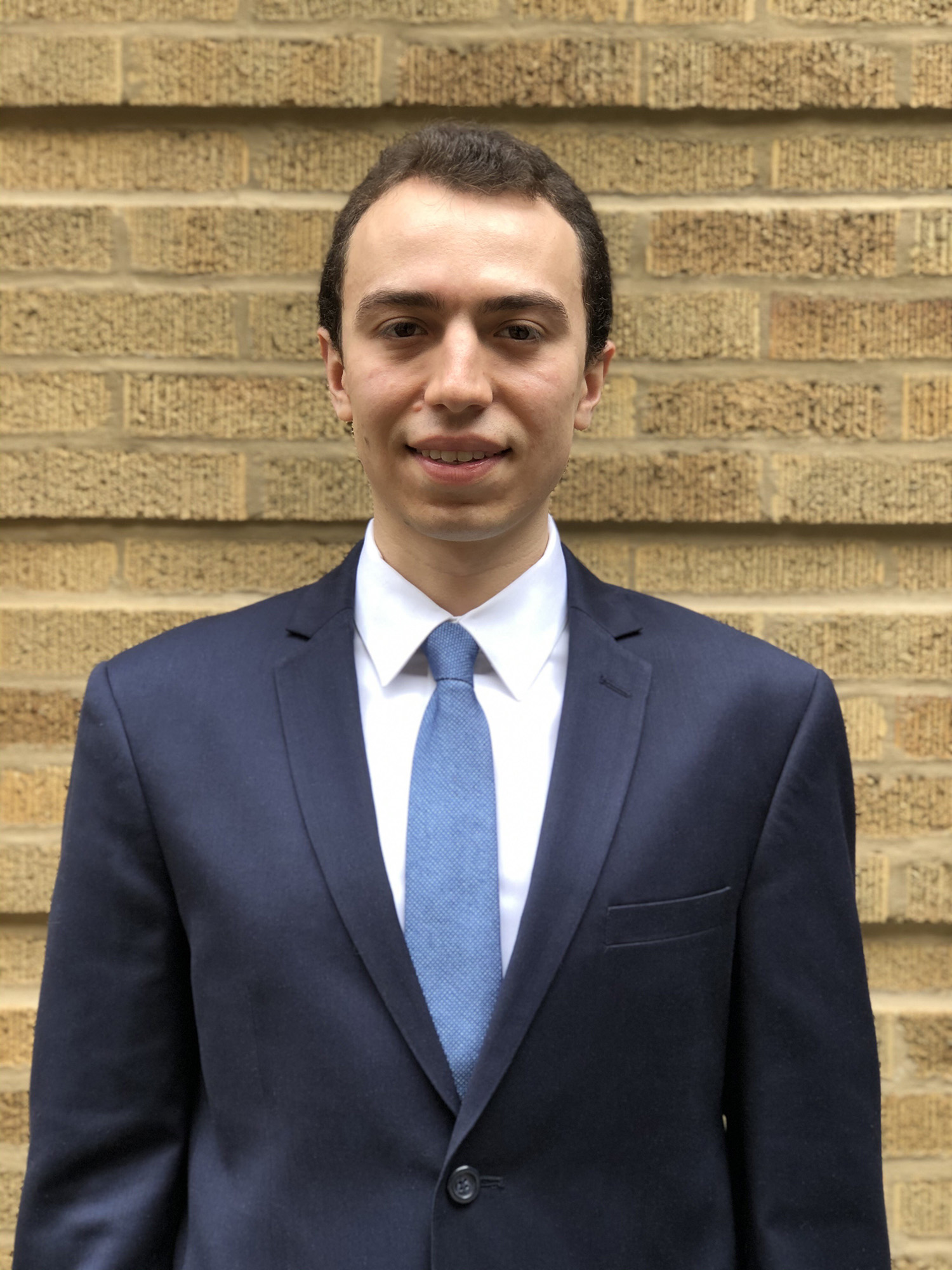

Yousuf Hafuda is an Equity Analyst covering the real estate space on the financial services team at Morningstar. His coverage list includes office, industrial and self-storage REITs as well as real estate services companies. Before assuming his current role, Mr. Hafuda was an associate equity analyst on the basic materials team at Morningstar. Mr. Hafuda holds a bachelor’s degree in political science from Grinnell College. He is an active member of the Urban Land Institute — ULI.
Kevin Brown is an Equity Analyst in the Finance Team for Morningstar Research Services LLC, a wholly owned subsidiary of Morningstar, Inc. He covers health care, hotel, residential, retail and triple net REITs in the U.S. Before joining Morningstar in 2018, Mr. Brown worked for the securities group in a global real-estate-focused asset management company, spending nine years covering health care and hotel REITs. Mr. Brown holds a bachelor’s degree in economics after graduating from Dartmouth College in 2005.
In the extensive 6,467 word review of the Real Estate sector for investors, these two expert analysts pick some investment highlights and demonstrate the ability “to hit them where they ain’t”.
The bad news is in several real estate sectors and Mr. Brown notes the devastation in the hotel industry:
“The hotel industry is probably not going to be looking at any sort of positive EBITDA or cash flows for any time in the near future, and when people do start traveling again, it’s going to take a while for them to come back online fully to the prior levels of travel, where they had been.
So we could be looking at maybe two, three years of negative cash flows for the hotel REITs.”
Mr. Hafuda identifies what could be a bright spot in real estate:
“Now to move on to the office REITs, which I think has definitely gotten a lot of attention and press, we’re not as concerned from a long-term perspective. The two subsectors that I just mentioned to you are very transactional in nature.
Office real estate leases are done by contract, and the contracts run around seven to 10 years long. It’s one of the longer lease lengths among the subsectors in commercial real estate…there is some legal indication, at least based on some of the research that I’ve seen, that even if you’re a multinational corporation, and you’re not able to use any of your corporate space that you’re currently leasing, that you won’t be able to get out of that lease.
From that perspective, if you’re the office REIT, then you’re going to continue to collect cash and perhaps even in certain instances that you were previously performing services that you’re no longer performing, there might be a slight benefit from a cost perspective.”
Another bright spot in real estate:
“One that’s been a little overlooked, at least in terms of the headlines, that I think is interesting is the self-storage space.
That is probably going to be pretty resilient because anyone who currently has self-storage space probably is going to be really hesitant to go in and move their stuff. In this kind of environment, the last thing that people want to do is move unnecessarily.”
Mr. Brown sees the value in some of the most depressed stocks:
“Disruption does impact our fair-value estimates. But we’d like to think that as long as these companies are going to make it through, pretty much every name that is under my coverage is currently trading below their fair-value estimate.
The ones that have been hit the hardest because they have the most short-term disruption are the ones that are the most attractive. While I have brought down my fair-value estimates the most for those companies, I didn’t bring them down nearly as much as the market has dropped them in the past month and a half.
I’m currently seeing some really attractive opportunities among some of the best-quality and biggest names in the malls. I really like Simon Property Group (NYSE:SPG), who owns half of the top 100 malls in America.
I really like Welltower (NYSE:WELL), who is the biggest health care REIT, who has a really fantastic management team and just the high-quality properties. Those are some of my best top ideas right now. And they are some of the names that have been beaten up the most.”
Mr. Hafuda also identifies some interesting names:
“One of the names that I think is attractive on my list is SL Green (NYSE:SLG). SL Green owns high-quality office properties in New York City, specifically in Manhattan, in the Midtown neighborhood.
And so I think any investor who’s looking at that gets extremely concerned because there are potentially impacts in terms of the reputation of New York City following this and then also what’s going on on the ground, and then add to that the fact that investors were already concerned about the prospects of office real estate to begin with.
It’s areas like that where we see the most opportunity for some investors who are willing to hold their nerve and be OK with the prevailing level of volatility with the realization that, at some point, humanity is going to have to return back to normal.”
Get the complete picture by reading the entire 6,467 word interview, as well as the other Real Estate Sector interviews, only in the Wall Street Transcript.
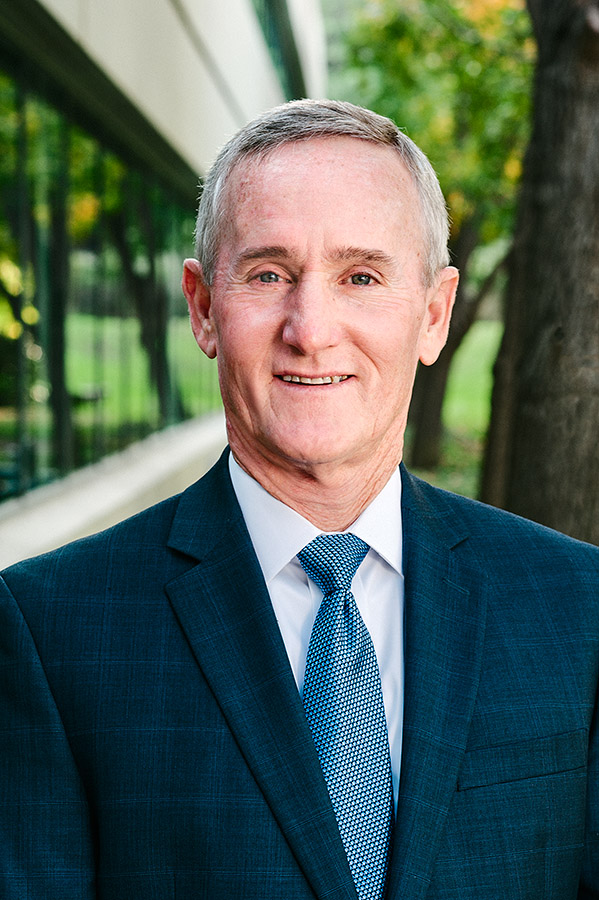
Russell A. Colombo is President and Chief Executive Officer of Bank of Marin Bancorp. He is a lifelong resident of Marin County in the San Francisco Bay Area. He received a Bachelor of Science degree in agricultural economics and business management from the University of California, Davis and his Master of Business Administration in banking and finance from Golden Gate University. Mr. Colombo joined Bank of Marin in 2004 as Executive Vice President and Branch Administrator after 29 years in banking at Comerica Bank, Security Pacific and Union Bank in San Francisco.
In this 1,474 word interview, exclusively with the Wall Street Transcript, Mr. Colombo builds on his 3,326 word February 4th interview of this year for an interesting update.
Operationally, the Bank of Marin has swiftly adapted to the new situation:
“As an essential business, we’re still conducting our day-to-day operations and haven’t laid a single person off. Approximately 80 to 100 of our 300 employees are working from home, including me.
Those who are working at one of our 21 branches are practicing social distancing, and we don’t allow more than two customers at a time in a branch.
At our headquarters, within our operations group, we have separated the people who have equivalent jobs. In other words, if there are two people in wire transfers, one is working at our disaster recovery location, which is off-site, and one is in our headquarters.
This practice ensures that if anybody gets sick, we still have a backup person. We’ve done that in many essential jobs just to make sure that if we have an outbreak, we can continue to service our clients. We’re fortunate in that respect.”
The CEO states that his loan portfolio has been weathering the COVID 19 storm:
“We also do a lot of commercial real estate where we are providing loans to investors to purchase commercial real estate. That’s a mixed bag in this pandemic environment, depending on what type of commercial real estate you’re financing.
We don’t have a lot of hospitality; we have a few hotels, and frankly, all of them are empty right now. But in most cases, we have guarantors with liquidity.
Wine business is suffering certainly because people aren’t visiting wineries, but they are selling a lot of wine wholesale, in the grocery stores. Overall, the loan portfolio is in solid shape…”
The PPP Loans are also a bright spot for this community bank:
“It’s only 1% interest. Now, we anticipate it’s only going to be seven or eight weeks that they have this money, and then the SBA would forgive the loans, so we should get paid out at the end of two months.
So it’s not a big problem in terms of returns. We also get a 5% fee up to $350,000, $350,000 to a million is 3%, and over a million is 1%. Our average is running about $215,000 request for loans.
We are all learning as we go because nobody knew exactly how this program was going to work, including the Treasury.”
The CEO declares that he dividend is safe for his investors:
“It’s definitely safe. We have been pretty consistent about that. The way we’ve operated historically is we define our bank three ways: We’re relationship bankers, we have a commitment to the communities we serve, and we are disciplined. And the discipline really shows itself in difficult times.”
Get the complete picture by reading the entire 1,474 word update, exclusively in the Wall Street Transcript.
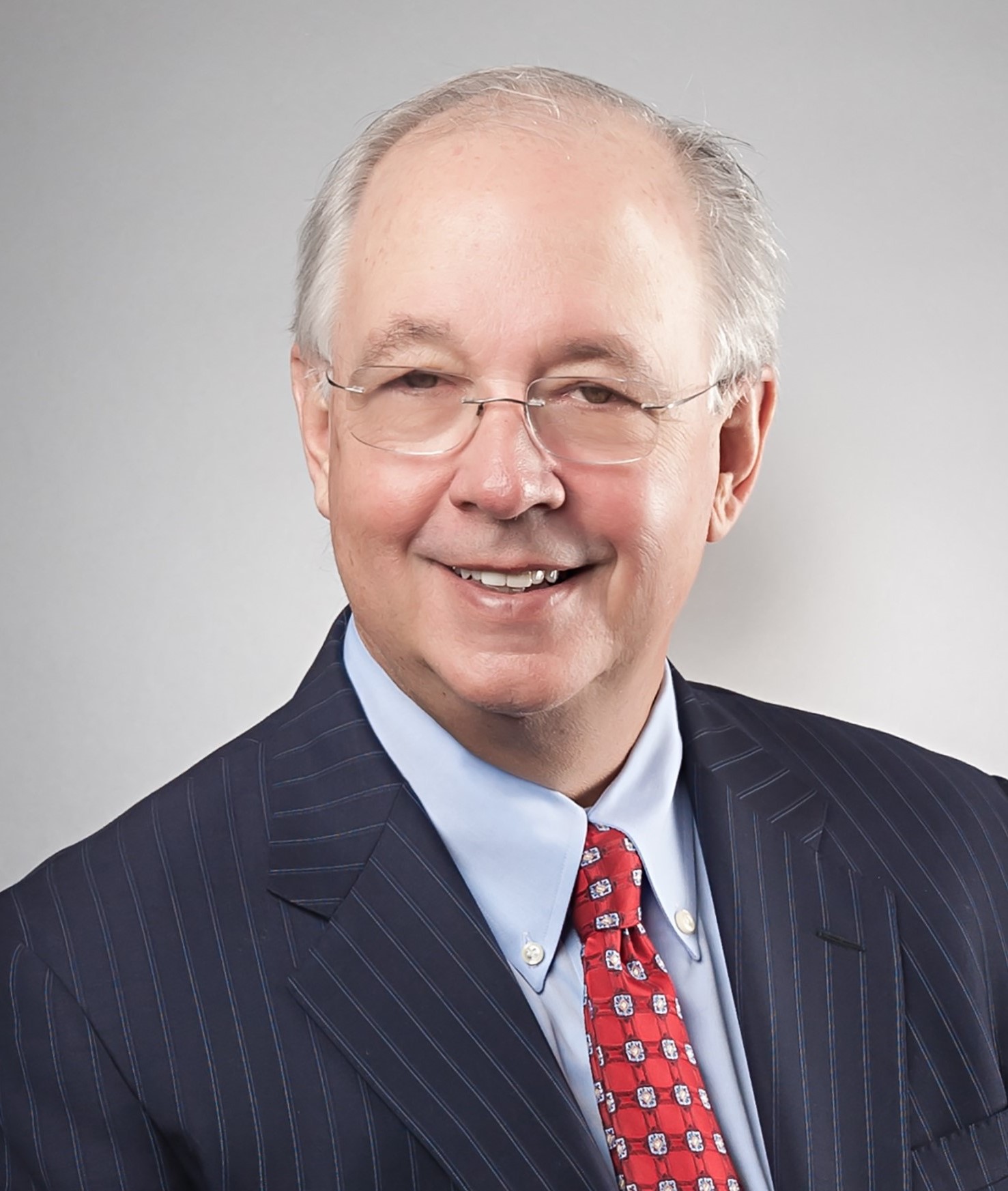
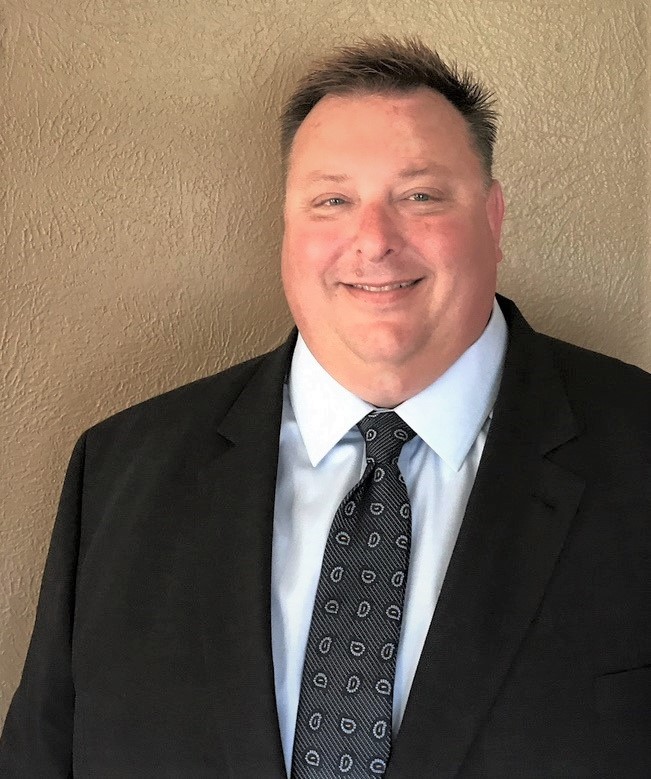
Paul D. Tobias is Chairman of mBank and Chairman and CEO of Mackinac Financial Corporation. Mr. Tobias has nearly 42 years of experience in the financial services and banking industries.
He was appointed as Chairman of mBank and Chairman and CEO of Mackinac Financial Corporation in December 2004 after structuring and leading the successful $30 million recapitalization of the company when it was known as North Country Bank and Trust. He also served as CEO of mBank from July 2005 until November 2006.
Kelly W. George is President and Chief Executive Officer of mBank and President of Mackinac Financial Corporation. Mr. George has over 25 years of experience in the banking industry.
He joined mBank in 2003 as the Executive Vice President and Chief Lending Officer in charge of the regulatory and lending administration turnaround of the previously known North Country Bank and Trust.
After the successful rehabilitation of the bank and $30 million recapitalization, he was promoted to President and CEO of mBank and President of Mackinac Financial Corporation in 2006.
In this 2,682 word interview, these two highly experienced community bankers with 67 years of financial institution experience between them, explain how they intend to activate the advantages of being a community bank.
Mr. George explains his bank’s position:
“…We are primarily a small- and midsize business bank, and our footprint in northern Wisconsin, northern Michigan and the UP mainly lends to local small businesses of various industries, including some tourism, hospitality and vacation properties.
We have some C&I lending down in Birmingham in the southeast Michigan area and through our asset-based lending division too. But as Paul said, we are predominately small-business lenders, and we also do a lot of mortgage lending throughout all of our markets as well.
Being a community bank, mortgage lending is a big piece of our business as it is at the root of our relationship-based consumer activities in the communities where we are very active corporate citizens.”
Mr. Tobias relates the PPP lending that has resulted from the recent government actions:
“The massiveness of this program has overwhelmed the SBA at times, but I think Kelly and I both give them high marks in terms of the overall speed to market with this program in spite of the glitches.
A lot of the glitches initially with the big banks came because they tried to create programming to handle their much larger volumes, whereby the programming is directly interfacing with the SBA. And as a result, they have not been up to speed.
The big banks haven’t been processing applications, and that put customers on hold. We know this because a lot of those customers have come and found us after experiencing those problems, and some of them have applied through our bank.”
Get the complete 2,682 word intervew, exclusively in the Wall Street Transcript, and get all the details on how community banking has responded to the coronavirus crisis.
Paul D. Tobias, Chairman & CEO
Kelly W. George, President
Mackinac Financial Corporation
130 S. Cedar St.
Manistique, MI 49854
(906) 341-8401
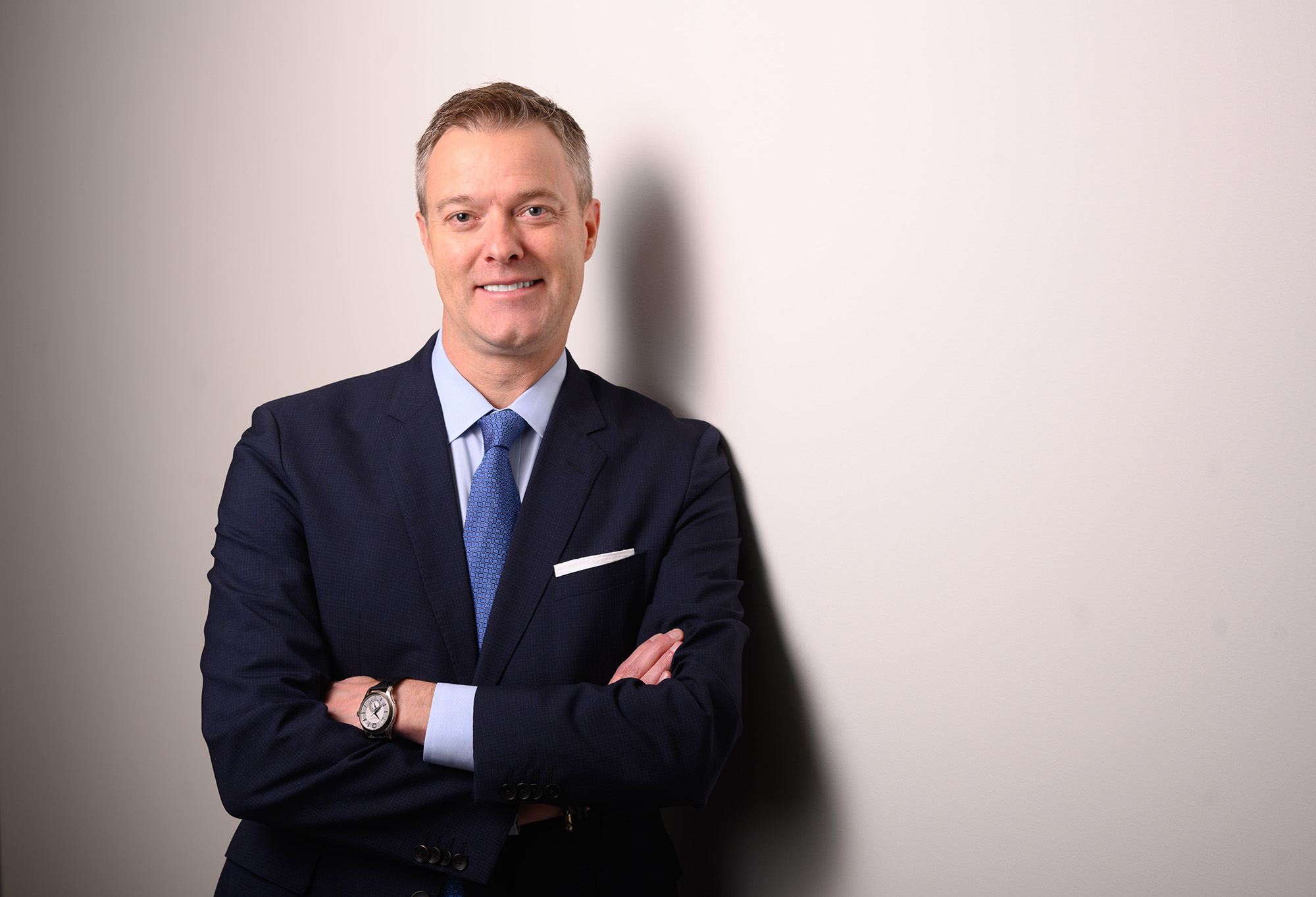
Robert Gillam, CFA, is Chief Executive Officer and Chief Investment Officer at McKinley Capital Management, LLC. He is responsible for all investment functions and personnel for traditional and alternative portfolios.
He guides the firm’s quantitative research, portfolio management, trading, risk management, and portfolio operations functions. Prior to becoming CIO, he worked as a Portfolio Manager with a specialty in non-U.S. and global strategies. Mr. Gillam is on McKinley Capital’s Executive Management Committee, where he is actively involved in defining and developing the firm’s strategy and corporate policies. He is also a member of the firm’s Board of Directors.
He is a graduate of the Wharton School at the University of Pennsylvania.
In this 3,538 word interview, exclusively in the Wall Street Transcript, Mr. Gillam explains the source of his assets under management and how his portfolio construction for his clients is developed:
“McKinley Capital is a systematic growth investor based in Alaska with offices in Chicago, New York and Abu Dhabi, United Arab Emirates. We manage money for large institutions — obviously, a portion of their equity investments, the growth-oriented portion.”
This hunt for growth led to a fortuitous decision in 2019:
“…We run a large global health care transformation portfolio anchored by a large public pension plan in the United States. And its focus is on, for lack of a better term, health care technology, so the tools and the technologies that make health care delivery better, faster, cheaper.
We believed when we launched it at about this time last year, so a year ago, we believed that there was a large theme coming to health care because the cost of health care and the delivery of health care was so difficult, cost was high, and delivery was difficult.
Clearly, coronavirus has proven that thesis. And technology, speed to development, taking care of people remotely, telemedicine, artificial intelligence and machine-learning-based strategies and diagnostic tools are clearly coming to the forefront.
This is one of the really exciting areas that we’ve been working on, and again, this is a dedicated strategy that we launched in 2019.”
He identifies several of the companies that develop this investing thesis:
“Apple (NASDAQ:AAPL), of course, with Apple Watch now is FDA-approved for heart monitoring. Google (NASDAQ:GOOG) has a whole health care division, separate company within Google that’s focusing on their health care.
Amazon (NASDAQ:AMZN), of course, bought PillPack a few years ago.
Some of the leaders in this space are Chinese companies, the Good Doctor, which is owned by Ping An Insurance (OTCMKTS:PNGAY), or Alibaba Health, of course owned by Alibaba (NYSE:BABA). Now, those are some real leaders in that sort of analytical space. And there are some in the U.S. too.”
Get the complete picture and stock pickes from Mr. Gillam in this 3,538 word interview, exclusively in the Wall Street Transcript.

Stefan Ioannou, Ph.D., is Analyst of Cormark Securities Inc. Dr. Ioannou is a mining engineer and holds a Ph.D. in economic geology from the University of Toronto. He joined Cormark in December 2016, working in equity research for 13 years with Haywood Securities — base metals analyst since 2006. Prior to that, Dr. Ioannou worked as an exploration geologist in Nevada and throughout the Canadian Shield.
In this 1,303 word follow up to Dr. Ioannou’s 2,882 word November 29, 2019 interview, the well respected global mining expert updates investors looking for guidance in the COVID 19 global pandemic.
“…Worth mentioning is that while we have seen base metal prices fall drastically in the wake of COVID-19, which has prompted investors to focus on said weakness, operating cost factors, in particular energy — fuel — and foreign exchange rate considerations are working in the favor of most miners.
So if you’re operating a mine anywhere outside the U.S. right now, any costs you’re incurring in local currency, namely labor, have recently dropped significantly in U.S. dollar terms. In Brazil, FX rate considerations are meaningfully offsetting the impact of copper price weakness.
With regard to fuel costs, which can account for 7% to 10% of a mine’s total operating cost, low oil prices are helping producers weather the pandemic for now. To put that into context, we talked about the AISC for the 90th centile of the copper curve being about $2.25 per pound right now.
In 2019, it was closer to $2.50 per pound, and again, that was on the back of higher fuel costs, stronger foreign currencies and other factors.”
Dr. Ioannou identifies his top investment danger for the current market:
“Balance sheet liquidity is key right now, as it positions a company to weather the storm.
If we look at copper right now, the metal’s price is testing the 90th centile of the industry’s AISC cost curve right now, which is about $2.25 per pound, which means 10% of the world’s copper mines are not economic right now and are essentially bleeding cash. In lieu of balance sheet strength, said producers face potential bankruptcy. ”
The global mining expert identifies his pick for current investment:
“A great example would be Lundin Mining (OTCMKTS:LUNMF), which has five mines. They’re all operating well in safe jurisdictions throughout the world, and they all have some sort of a modest near- to medium-term organic growth component to them.
The company has also demonstrated really good ability to prudently use its balance sheet…”
Get the complete picture by reading both recent interviews from Dr. Ioannou, exclusively in the Wall Street Transcript.
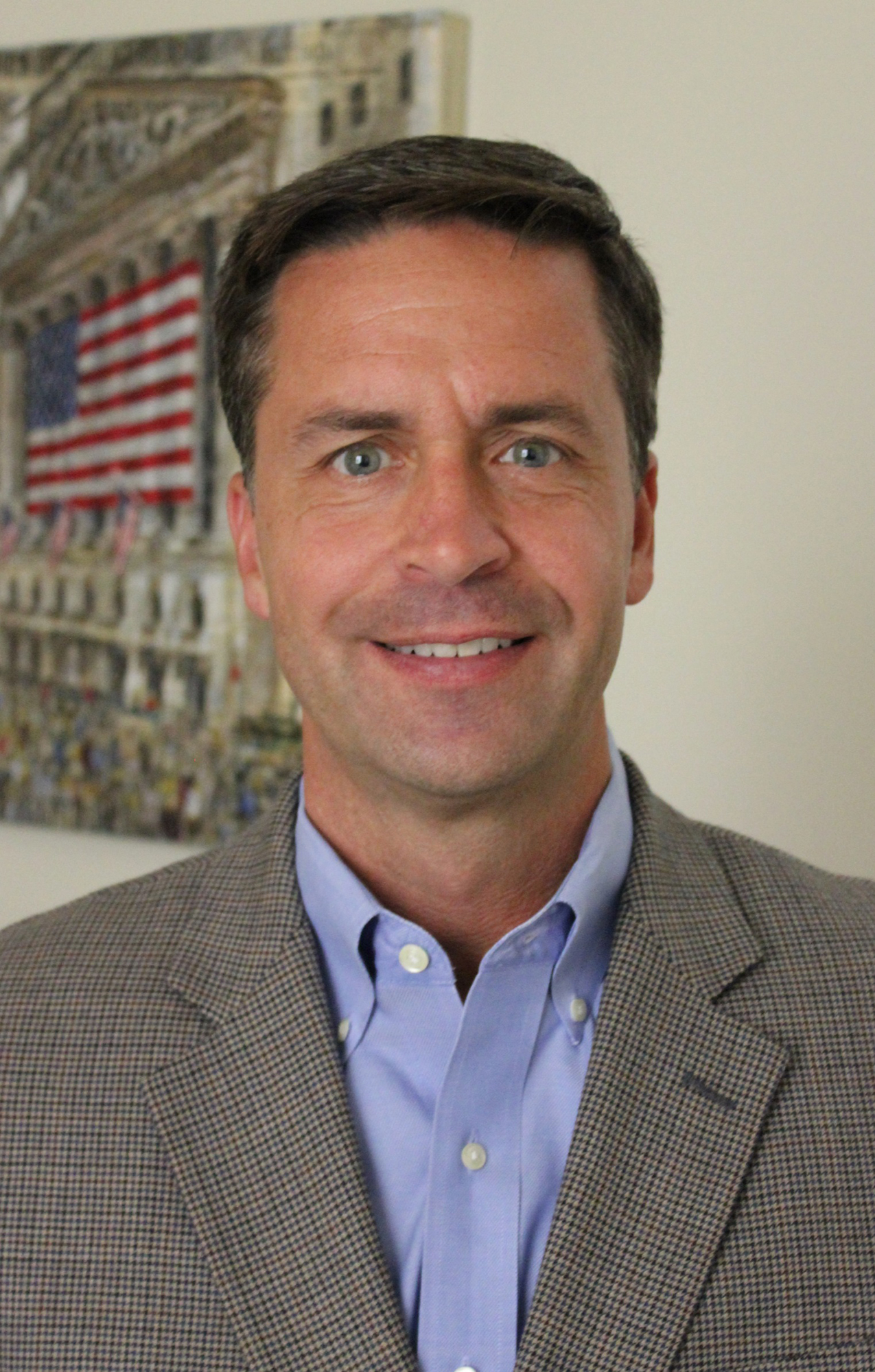
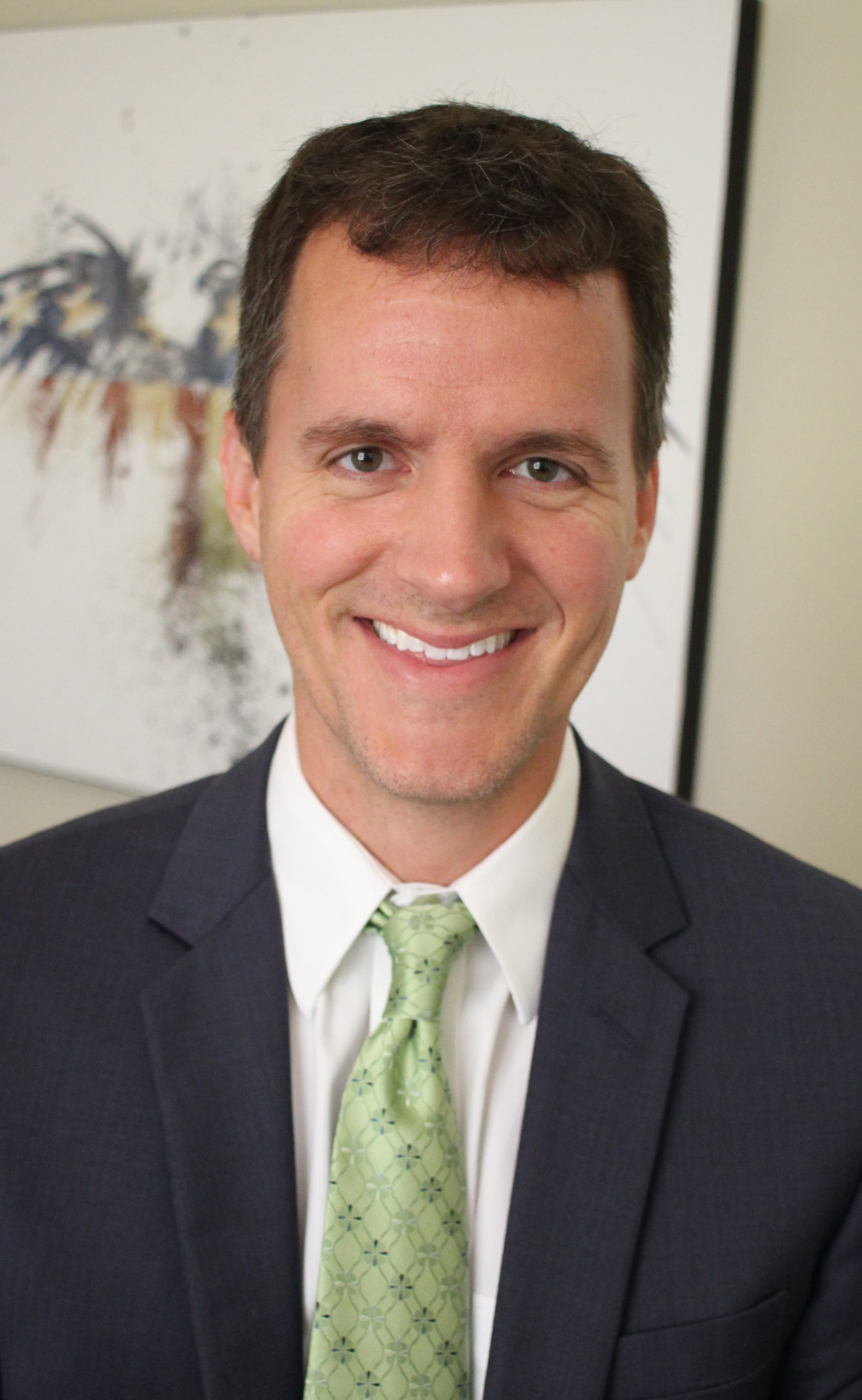
Eric Cinnamond, CFA, is Co-CEO and Portfolio Manager at Palm Valley Capital Management. He worked for First Union National Bank after entering the investment industry in 1993.
He joined the Evergreen Funds in 1996 as an analyst and co-manager of the Evergreen Small Cap Equity Income Fund. From 1998 to 2010, Mr. Cinnamond oversaw small-cap portfolios for Intrepid Capital Management.
From 2010 to 2016, Mr. Cinnamond managed the River Road Independent Value Fund. Mr. Cinnamond graduated from Stetson University in 1993 and received an MBA from the University of Florida.
Jayme C. Wiggins, CFA, is Co-CEO and Portfolio Manager at Palm Valley Capital Management. Mr. Wiggins is the former Chief Investment Officer and Portfolio Manager at Intrepid Capital Management.
He joined Intrepid in 2002 and managed the firm’s high yield portfolios and the Intrepid Income Fund from 2005 to 2008.
From 2010 to September 2018, Mr. Wiggins focused on the research and valuation of small-cap equity securities while managing the Intrepid Small Cap Fund — later renamed the Intrepid Endurance Fund.
He graduated summa cum laude from Stetson University, where he earned a BBA in finance. He earned his MBA, summa cum laude, from Columbia Business School in 2010.
In this 4,493 word interview, exclusively with the Wall Street Transcript, the two portfolio managers share their current market outlook and top stock picks.
“With relative-return investing, you could be down, you could lose half your money in a fund, where they could be down 45% and the market could be down 50%, and that’s a victory in their eyes.
But for private clients or a family office or advisers who sell to those types of individuals, it’s unacceptable. By refusing to overpay, we are attempting to protect capital when valuations are extremely expensive, which they have been since we launched in April 2019.
And I think as of last disclosure, we were in 94% cash.”
That leads to some interesting valuation opportunities for this portfolio managing duo:
“Spending extra on roads, bridges — toward infrastructure — has been below what is needed to maintain safe roads and bridges. And Gencor would definitely benefit from any stimulus package that includes infrastructure spending. And 95% of roads in the U.S. are paved with asphalt, and we don’t see that going away.
So it’s a very established business. And this is another thing we do: focus on companies that have been around a long time and have made it through many business cycles.”
Another interesting example is in the precious metals sector:
“So another name that we owned as of the last disclosure was A-Mark Precious Metals (NASDAQ:AMRK). They are the leading full-service precious metal company. They trade, they finance it, they store it, transport it.
They even fabricate gold and silver bullion and similar products. It’s a sub $60 million-market-cap firm. The float’s even smaller. So it’s not something most institutional investors can buy. A-Mark is one of the handful — and probably the largest authorized purchaser of coins from the U.S. Mint, which means they get mint-issued coins for the lowest premium and resell them to coin dealers and collectors, and they also have relationships with all the other major sovereign mints like Canadian, U.K., Australia, even China.
Interestingly, they have a 20%-plus equity stake in JM Bullion, which is one of the largest online precious metal retailers. I’m a customer at JM Bullion. They just sent out an email late last week saying they were having their biggest sales day ever, and maybe even for two days in a row. So a lot of renewed interest in physical precious metals the last week or so…”
To get the full detail on these picks and many more, read the entire 4,493 word interview, exclusive in the Wall Street Transcript.
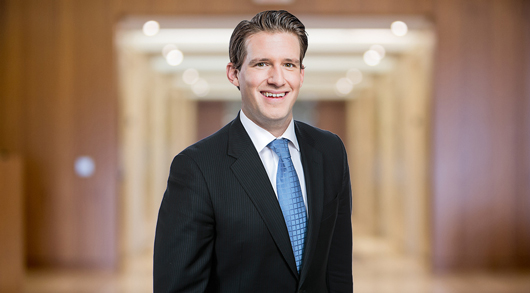
Stephen Duench, CFA, is Vice President and Portfolio Manager of AGF Investments Inc. As Vice President and Portfolio Manager, Stephen Duench is a key contributor to AGF’s quantitative investment platform, AGFiQ.
AGFiQ’s team approach is grounded in the belief that investment outcomes can be improved by assessing and targeting the factors that drive market returns. Mr. Duench is the lead Portfolio Manager of the AGFiQ Dividend Income Fund and AGF Canadian Large Cap Dividend Fund and is central to the creation and support of AGFiQ’s portfolio management tools, analysis and applications across both Canadian and global mandates.
He began his career with AGF as part of the Highstreet Investment Management team. Highstreet Asset Management Inc. is a wholly owned subsidiary of AGF Investments Inc. Mr. Duench earned an honors degree in financial mathematics from Wilfred Laurier University and is a CFA charterholder.
In this 2,563 word interview, exclusively with the Wall Street Transcript, Mr. Duench reveals the key operating principles for his portfolio management platform and details its market beating output.
“My entire career has been spent on the quantitative side of the business, so it’s very much my first language within investing. We have a very deep research team with more Ph.D.s than any other investment team in Canada.
We’re constantly looking to test the newest concepts with academic rigor and apply them into our investment processes.”
This lead to a real insight in December of 2019:
“So with respect to that, they are outperforming many of our Canadian counterparts quite handily this year.
The reason for that is largely what was at the time a very out-of-consensus call I made in December, and that was to sell out of all my energy E&P and energy integrated stocks.
While Bay Street and Wall Street sellside strategists seemed to be getting very bold on the energy sector in December, I was taking the exact opposite view.
The premise of that was that the relative return of energy into December was historically strong, driven near the end of the year by higher-risk stocks.
Historically, when you see significant strength, it’s usually a time to trim some profits. But also, at the time, there was an abundance of other opportunities forming in the market, specifically lower-volatility-type stocks…”
This has created the opportunity for the portfolio to re-center around high value, low cost stocks:
“In IT, I’ve been very busy the last few weeks and doing a lot of work on structurally sound, long-term IT names such as Microsoft (NASDAQ:MSFT) or Visa (NYSE:V) or Apple (NASDAQ:AAPL), for instance. These are all household names, but these are the types of names that have been producing and operating at a very high clip.
Much better than some others within the sector. Their earnings will likely be revised but so will the entire space, and I believe these sorts of stocks are on better footing for multiple years.
When their valuation profile comes back to certain levels, I have to make sure that I’m positioned correctly to take advantage of them.”
Get the complete picture from Mr. Duench by reading the 2,563 word interview, exclusively with the Wall Street Transcript.
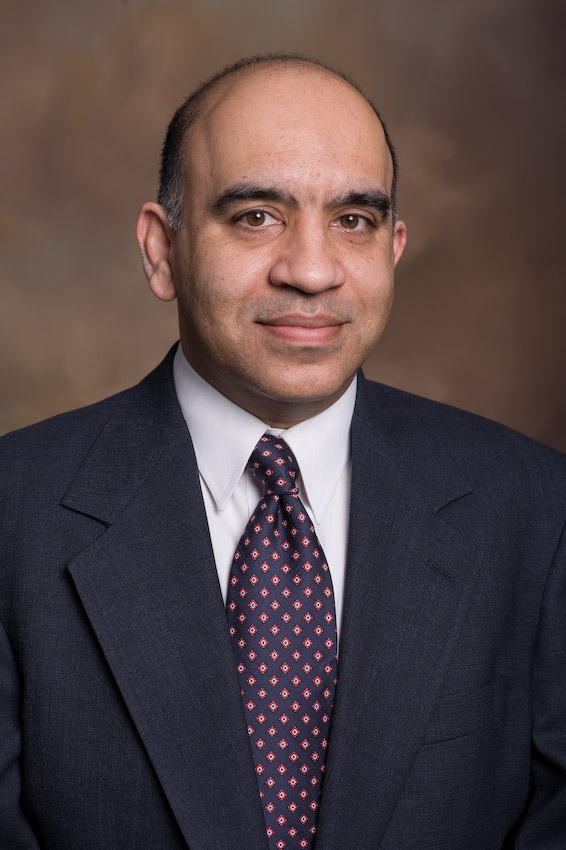
Sudhir Nanda is a Portfolio Manager and the head of the Quantitative Equity Group for T. Rowe Price. He is President of the Investment Advisory Committees of the QM US Small-Cap Growth Equity, QM US Value Equity, QM US Small- and Mid-Cap Core Equity, and QM Global Equity Strategies.
He is a vice president and member of the Investment Advisory Committees for the Capital Appreciation, Diversified Mid-Cap Growth and Institutional Global Value Equity Strategies. In addition, he is a member of the U.S. Equity Steering Committee.
Dr. Nanda is a vice president of T. Rowe Price Group, Inc. He received a B.A. degree from St. Stephen’s College, Delhi; an MBA from Indian Institute of Management, Calcutta; and a Ph.D. from the University of Massachusetts.
In this 4,199 word interview, Dr. Nanda details his portfolio management philosophy and how it leads to his top picks.
“The process behind this is a very systematic process for picking stocks. Some people call it quantitative. I would call it systematic fundamental because all the metrics that are going into stock selection are fundamental metrics like price/earnings multiple, free cash flow yield, capex, return on equity. But it’s implemented in a very systematic manner.”
I can describe what exactly goes into deciding how to buy a stock. The most important characteristic we look for in a stock is its valuation. And we are doing two comparisons. One is comparing a stock’s valuation with its sector or industry, and the second is comparing it with all small-cap growth stocks. And within valuation, we pay more emphasis on cash flow metrics like free cash flow yield rather than on price to earnings or price to book multiples.”
One interesting pick in these volatile times is a health care drug trial company:
“I will highlight another health care company we own. It’s a company called PRA Health Sciences (NASDAQ:PRAH). And what PRA Health Sciences does is, it’s a contract research organization.
It’s got a global footprint. And really what a contract research organization is, if you’re a drug company and you’re testing a drug for trial, you do different phases of trials. A lot of the testing mechanics are contracted out or outsourced to these contract research organizations, and PRA Health Sciences is one of them.”
Get the complete details on this company, and many others like it by reading the entire 4,199 word interview with Dr. Nanda, exclusively in the Wall Street Transcript.